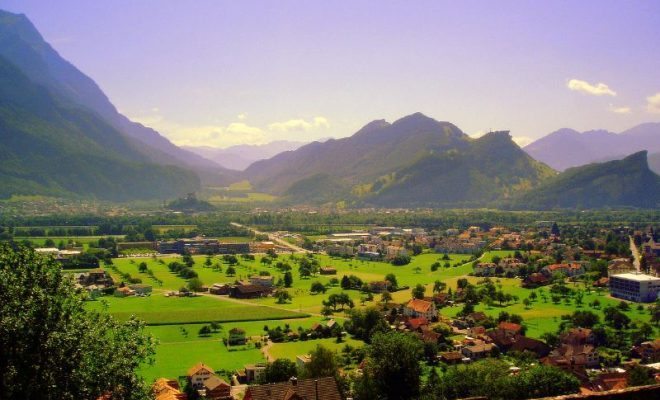 "Switzerland" courtesy of [Francisco Antunes via Flickr]
"Switzerland" courtesy of [Francisco Antunes via Flickr]
News
Handshake Snafu in Switzerland Turns Into a “Slap in the Face” for Muslims
With anti-immigrant sentiment rising amid terrorist attacks and nationalist political movements, many European countries are experiencing cultural clashes. Native identities and practices are being embraced in response to an influx of Muslim refugees, many of whom come from cultures vastly different than those in the West.
The most recent clash occurred in Switzerland, where two brothers sparked a national maelstrom when they refused to shake their female school teacher’s hand. According to Islamic teaching, it is considered haram (forbidden) to touch a member of the opposite sex if the two people are not related or married.
But according to Swiss custom, students shake their teacher’s hand before and after class.
This week authorities in Basel-Landschaft, the canton, or state, where the incident occurred, passed a ruling that religious grounds are not sufficient to validate refusing to shake a teacher’s hand. Parents of children who do so are subject to a fine of 5,000 Swiss francs (about $5,000).
“The public interest concerning the equality of men and women as well as the integration of foreigners significantly outweighs the pupils’ freedom of religion and belief,” the board for education, culture and sport in Basel-Landschaft in a statement. “The social gesture of shaking hands is important if pupils are to be prepared for working life.”
The board acknowledged the new rule as an “intrusion” on religious liberty, though still acceptable because “it did not involve the central tenets of Islam.”
And while one Swiss Islamic advocacy group ceded that shaking hands with a member of the opposite sex could be permissible (though it noted the ruling was “disproportionate” and a “slap in the face”), another group disavowed the mandate wholesale.
As Europe figures out how to assimilate the more than a million Muslim refugees into societies far different than the conservative ones they left behind, cultural debates are popping up throughout the continent.
In January, a small town in Denmark passed a proposal that required public day care centers and kindergartens to serve pork at lunch. The move was aimed at preserving “Danish food culture” as more and more adherents to the Islamic faith–which has dietary laws that prohibit consumption of pork meat–live, work, and learn in Europe.
European governments are also taking steps to more smoothly integrate the refugees. This week, Germany’s Chancellor Angela Merkel announced a law meant to better amalgamate the refugees, mostly Syrians, by expanding job and German language programs.
As the civil war in Syria rages on and militant groups continue to uproot families in the Middle East and North Africa, the migrant crises will likely not abate any time soon, potentially leading to more of these sorts of cultural skirmishes.








Comments